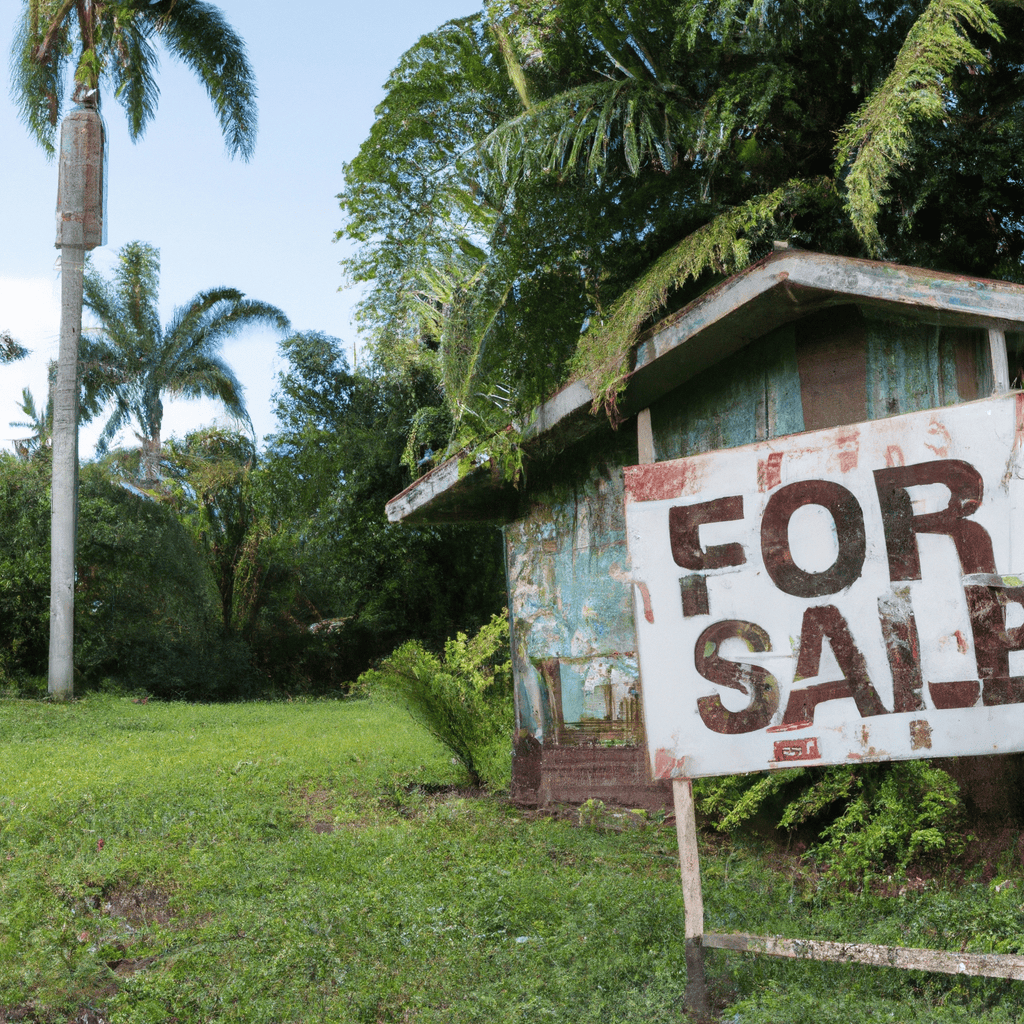There is growing interest in the short visit of Indian President Droupadi Murmu to the country, but significant attention is also focused on Parliament this week. Renowned academic Professor Steven Ratuva has commented on the recent division of the opposition into two factions, suggesting this may weaken an already vulnerable parliamentary opposition. This issue is highlighted on the front page of the Fiji Times for August 7.
In the Kaila! edition of The Fiji Times, published every Wednesday, readers will find a vibrant, larger, and user-friendly format filled with engaging content aimed at the young at heart.
On the international front, stay updated on the US elections and other global news, including a report on the renewed search for Rose Howell, a teenager who disappeared over two decades ago. Police dogs and ground-penetrating radar have been deployed in this investigation, which began when she was last seen in Bundagen, near Coffs Harbour in April 2003.
In local news, the Ministry of Housing has acknowledged that financial constraints and resistance from illegal settlers have hampered resettlement initiatives. This has led to delays affecting thousands of families living in informal settlements. Since 2010, the iTaukei Land Trust Board has issued over 40 land development leases aimed at relocating squatters, yet progress remains minimal.
Discussions are ongoing regarding the impending eviction of around 100 families from Waisasa Settlement in Tacirua, near Suva. Manasa Lesuma, the permanent secretary at the Ministry of Housing, indicated that although Waisasa isn’t on the list of settlements assigned for development, launching any housing project is a complex process.
Currently, there are over 250 informal settlements within State, iTaukei, and freehold lands across Fiji. UN-Habitat emphasizes the fundamental human right to housing, advocating for safe, secure, and affordable living conditions. The organization projects that by 2030, approximately 40 percent of the global population will need adequate housing, which translates into a need for 96,000 new affordable housing units daily. Millions of people are currently homeless or living in health-threatening conditions.
Housing access is seen as a prerequisite for employment, education, and social services, with UN-Habitat urging governments to prioritize housing in urban policies to promote sustainable development.
Back at home, many Fijians express a desire for happiness, a secure home, ownership, and basic life necessities. Despite the complexities of these challenges, any sincere effort to address these needs is viewed as a step toward freeing families from the grip of poverty and fostering opportunities for better lives.
